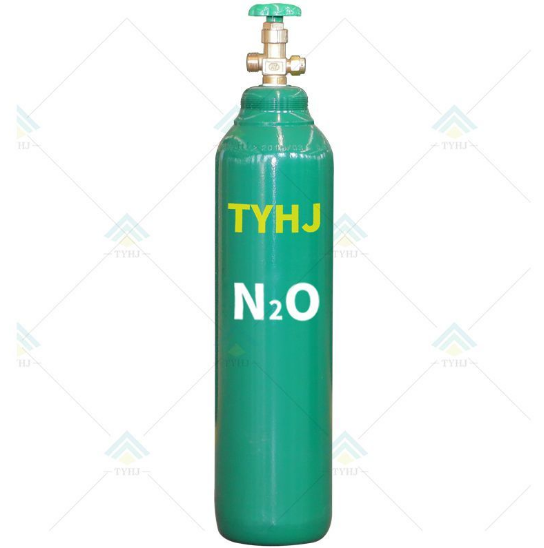What Are Specialty Gases Used for
Specialty gases, commonly referred to as high-purity gases, are pivotal across various sectors due to their specific applications and superior purity levels. These gases are engineered to meet rigorous standards, making them crucial for use in industries such as healthcare, manufacturing, electronics, environmental monitoring, and scientific research. This article delves into the wide-ranging applications of specialty gases and their importance in different fields.
In Healthcare
Specialty gases are vital in the healthcare sector, used in multiple medical procedures and diagnostic tasks. Some prominent uses include:
- Anesthesia: Gases like medical oxygen and nitrous oxide are integral for administering anesthesia in surgical procedures.
- Respiratory Therapy: Medical oxygen is crucial for patients requiring respiratory assistance, utilized in healthcare facilities and home care.
- Calibration: Specialty gas mixtures are employed to calibrate important medical instruments, including blood gas analyzers and ventilators.
- Cryopreservation: Technologies for bio-storage, such as liquid nitrogen and carbon dioxide, are essential for preserving biological samples.
In Manufacturing
The manufacturing landscape uses specialty gases for enhancing product safety, quality, and effectiveness. Noteworthy applications include:
- Welding and Cutting: Gases such as acetylene and argon are utilized in precise welding and metal cutting operations.
- Heat Treatment: Controlled environments using nitrogen, hydrogen, and argon aid in strengthening materials.
- Semiconductor Manufacturing: To ensure the integrity of electronic components, ultra-pure gases are essential during production.
- Environmental Testing: Specialty gases simulate conditions for various product testing, including automotive component durability.
In Electronics
The electronics sector significantly relies on high-purity specialty gases for processes like semiconductor production. Key functions include:
- Etching and Cleaning: Gases like fluorine, chlorine, and sulfur hexafluoride are utilized during manufacturing phases for precise etching.
- Chemical Vapor Deposition (CVD): Gases such as silane and germane are used for depositing films on silicon substrates.
- Ion Implantation: Techniques in semiconductor production leverage gases for doping materials, shaping performance characteristics.
- Gas Purging: Controlled atmospheres formed by specialty gases help prevent contamination during electronics manufacturing.
In Environmental Monitoring
Specialty gases are vital for monitoring environmental conditions, ensuring compliance with health standards:
- Gas Chromatography: High-purity carrier gases like helium are used for analyzing air quality and pollutants.
- Emission Control: Gases like ammonia and hydrogen chloride help mitigate harmful emissions from industrial establishments.
- Assessing Indoor Quality: Gases such as carbon dioxide are crucial for evaluating air quality in domestic and work environments.
Nitrous Oxide, N2O Specialty Gas
Conclusion
Specialty gases are integral across various industries, enhancing precision, safety, and quality. Their stringent purity standards ensure they meet the diverse requirements of applications ranging from healthcare to manufacturing. As technology advances and industries evolve, the demand for specialty gases is expected to grow, leading to ongoing innovations in their use and production.



